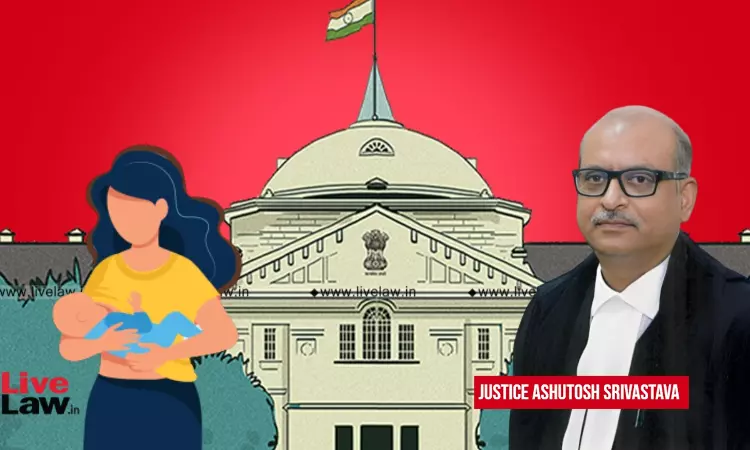Woman Entitled To Maternity Leave Even After Birth Of Child As Per Maternity Benefit Act 1961: Allahabad High Court
Sparsh Upadhyay
20 March 2023 5:54 PM IST

Next Story
20 March 2023 5:54 PM IST
The Allahabad High Court recently observed that the provisions of the Maternity Benefit Act 1961 allowing for the grant of benefits to a woman would be applicable even after the birth of the child.The bench of Justice Ashutosh Srivastava also opined that a woman can avail of maternity leave even after the birth of the child and such benefit can even be extended in a case of legal adoption of...
